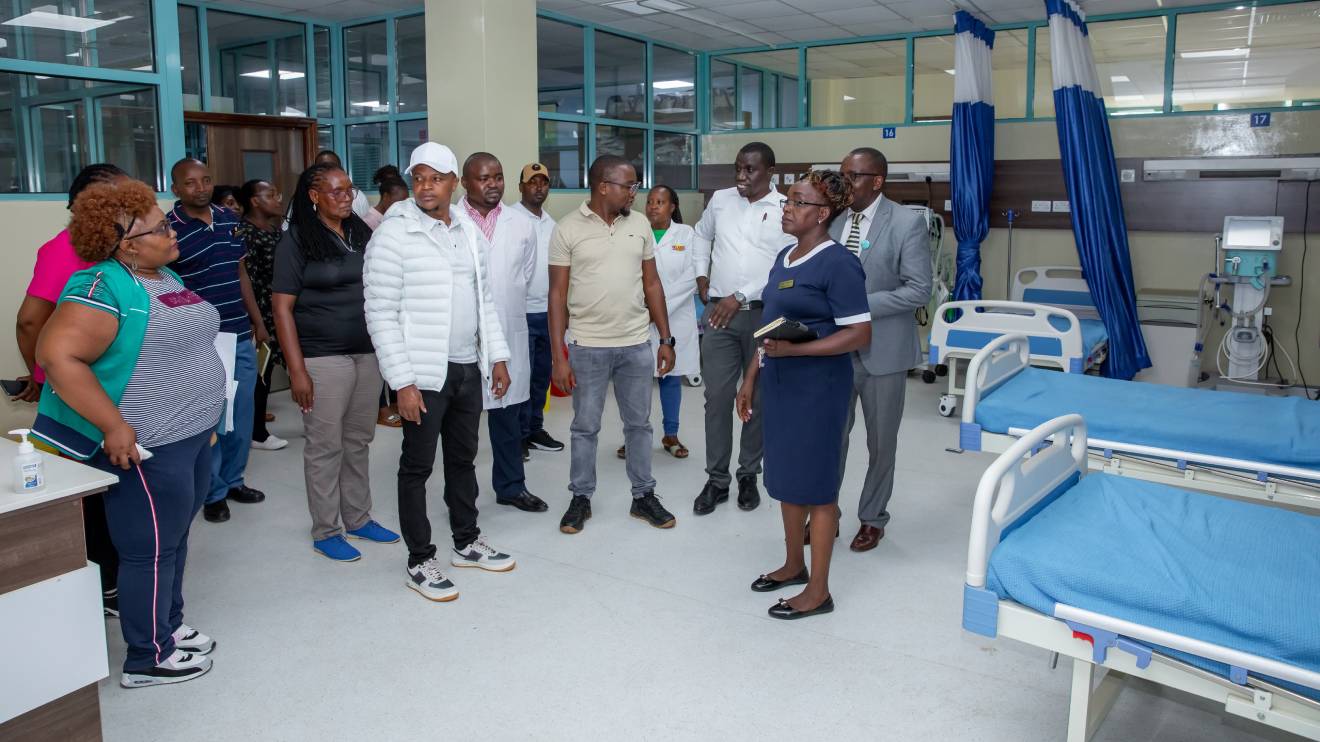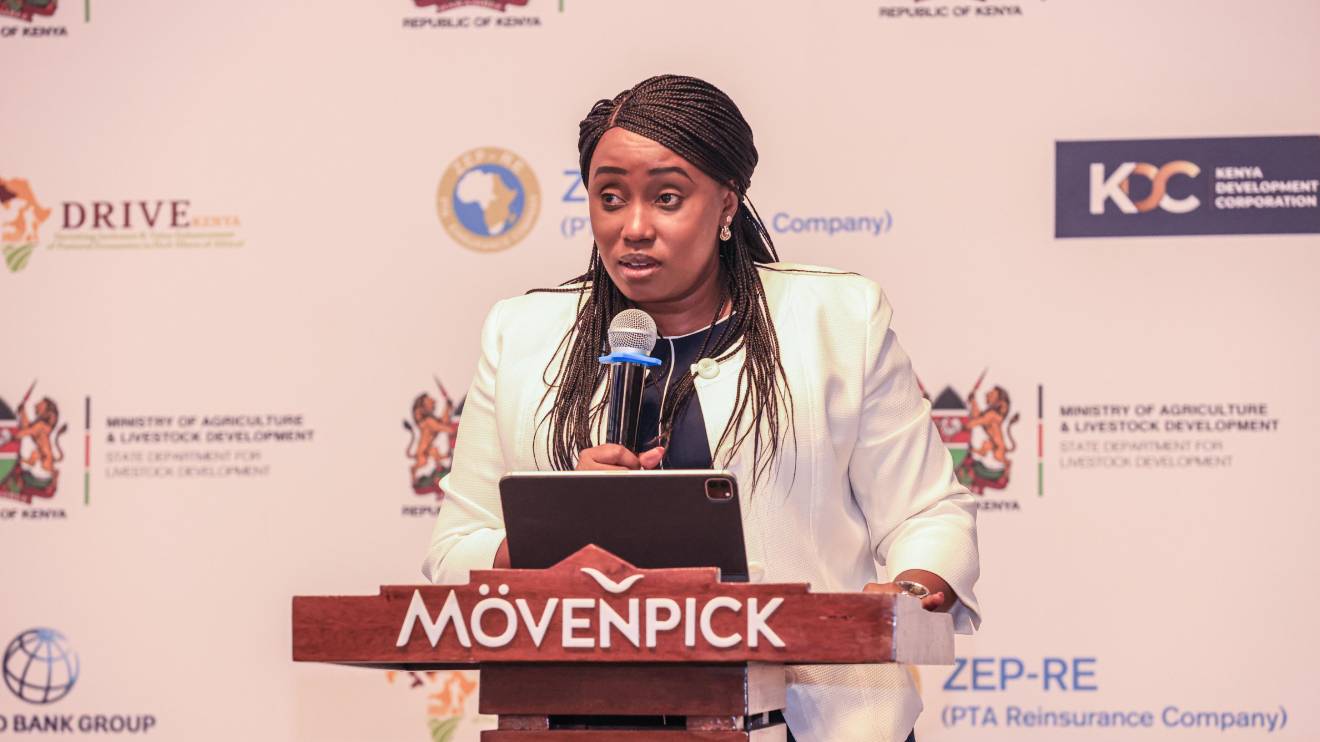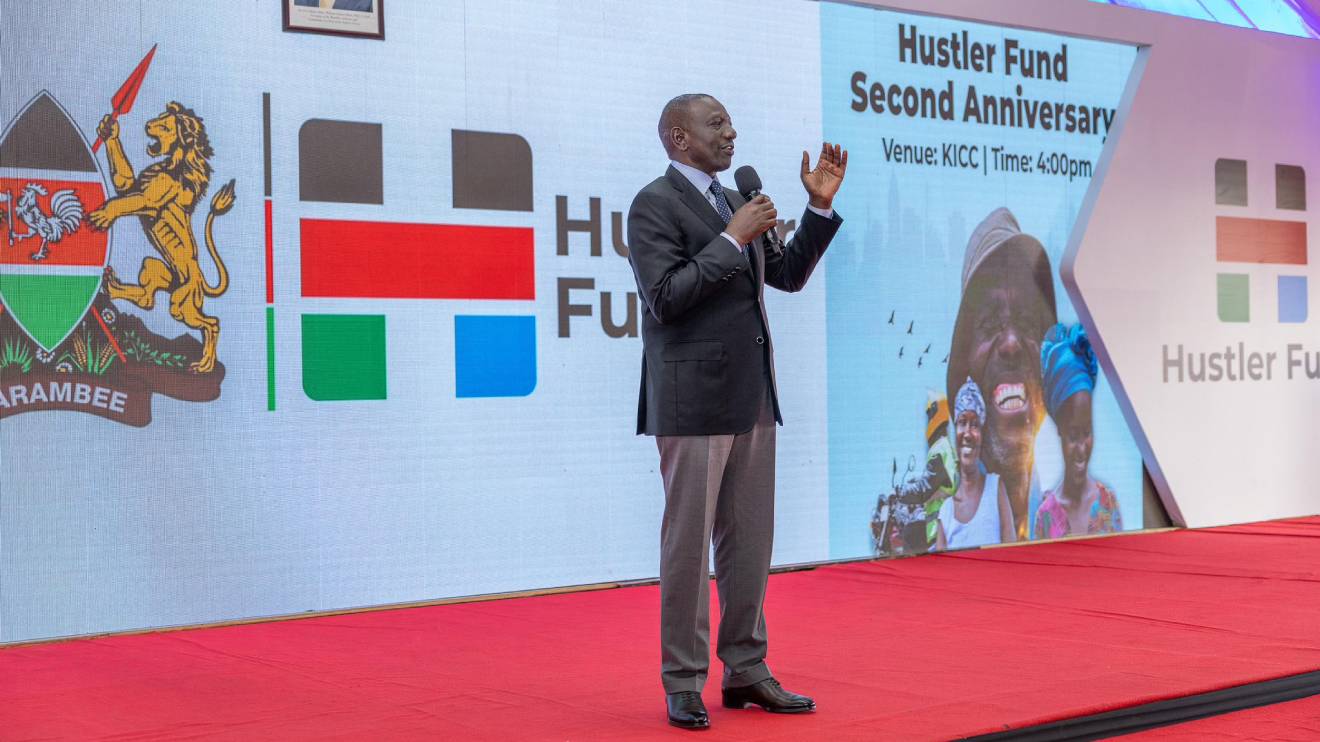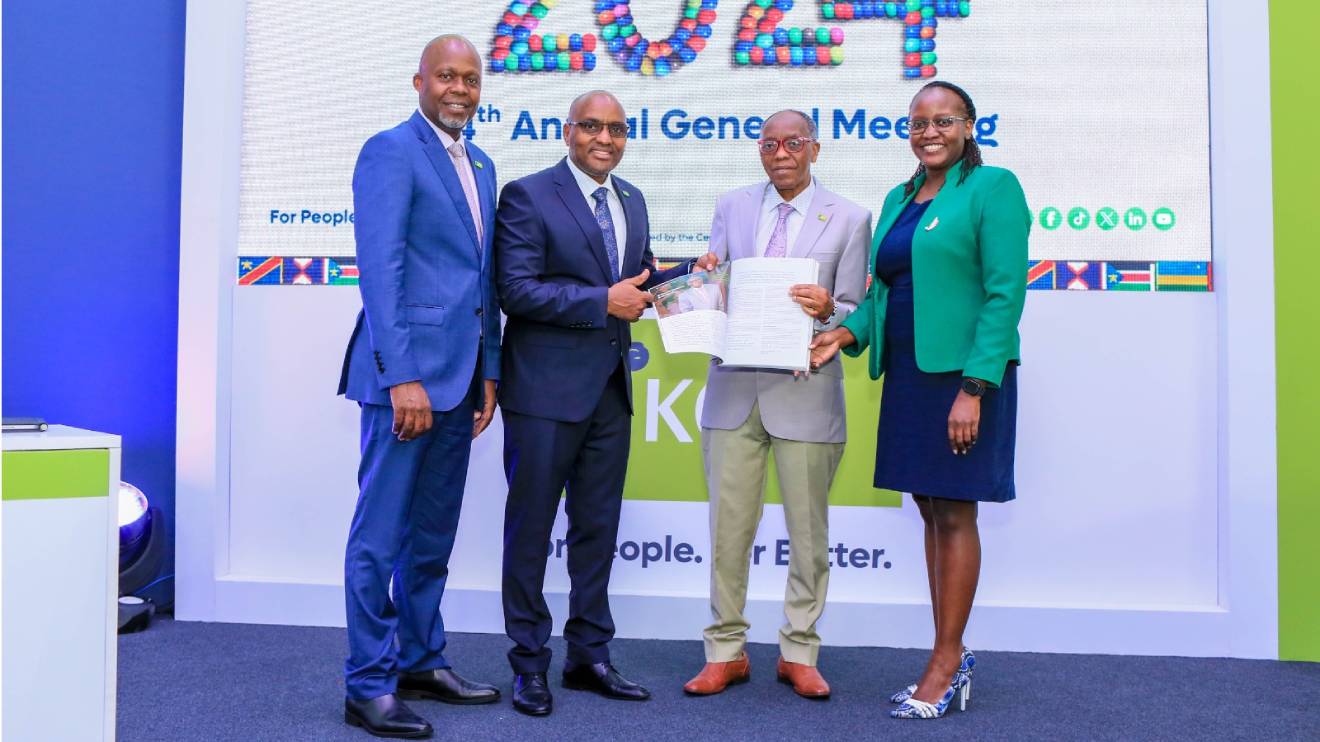Kenya, after years of treading water, has gained new ground in the global startup arena, with Nairobi rising six places to rank 107th among the world’s most startup-friendly cities.
At the same time, the country has made its debut in the global top 60 startup ecosystems, claiming position 58 in the latest Global Startup Ecosystem Index published by StartupBlink.
This shift marks a turning point for Kenya, whose previous trajectory had been marked by stagnation and decline.
The report shows Kenya improving from 63rd to 58th position worldwide, while Nairobi held firm as the third leading African city for startups and the undisputed top destination in Eastern Africa for five years running.
Several interventions are credited for Nairobi’s upward move, including government-led digital infrastructure.
Read More
Among these is the Kenya Innovation Bridge, a virtual platform developed to bridge gaps between innovators and key players such as investors, partners, and consumers.
Other moves aimed at attracting global talent have also started to shape results.
In late 2024, Kenya rolled out a visa tailored for digital nomads—remote workers who can now live and work in the country legally while contributing to its growing innovation space.
According to the report, such tools have helped position Kenya as a more accommodating hub for the global tech workforce.
“International development partners also play an important role in supporting Kenya’s innovation ecosystem. The UK’s Foreign, Commonwealth & Development Office (FCDO) has collaborated with local institutions and ecosystem actors to strengthen innovation capacity, support skills development, and promote inclusive digital growth," the report notes.
Nairobi’s ecosystem has also benefited from the presence of multinational tech firms operating out of the city.
“Besides public sector efforts, Nairobi is home to regional offices of global tech giants like Google, Microsoft, Samsung, and Intel, which makes the city attractive to tech startups,” StartupBlink says.
Not all local cities, however, have shared in this progress. Kisumu, which had only just made it into the global top 1,000 last year, has now dropped out entirely.
On the other hand, Mombasa has re-entered the list, ranking 916th globally and second nationally after a one-year absence.
This resurgence comes despite an uneasy local backdrop. Reports of startup closures and operational cutbacks continue to dominate business headlines in Kenya.
At least eight well-known tech startups have shut down in the past three and a half years, despite collectively raising Sh11.2 billion in funding. Many others are reportedly struggling to stay afloat.
While many affected founders point to a severe funding squeeze, broader issues appear to be in play.
Industry observers and data suggest other root causes—among them, unsustainable business models and shifting fiscal policy.
Some entrepreneurs have flagged recent tax laws as particularly disruptive, citing “unfavourable and unpredictable taxation regimes”.
Still, the rise in Kenya’s global startup ranking reflects a more optimistic long-term outlook.
It suggests that foundational work in policy, partnerships, and digital infrastructure may now be converging to lift the country's innovation standing—despite the turbulence faced on the ground.

-1729244122-1740172582.jpeg)
 (2)-1747750578.jpg)
 (1)-1747668439.jpg)






